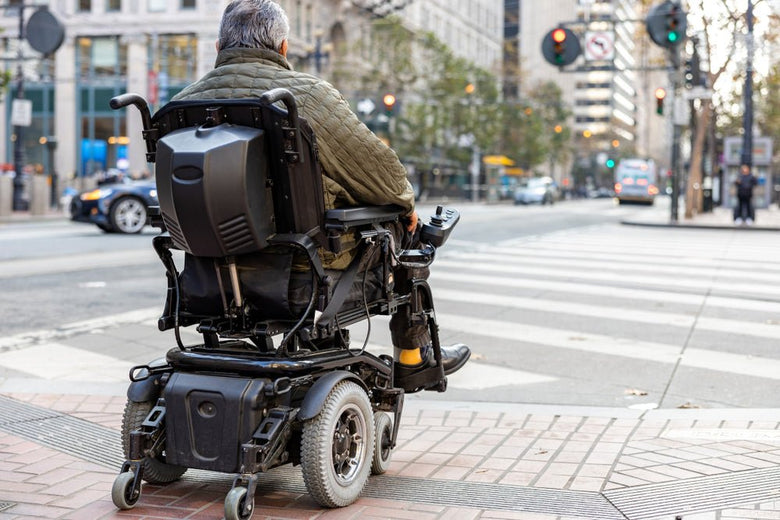The question of whether antibiotics can cause hallucinations in the elderly is a vital one as we look after the health of our aging population. With various medications being a part of daily health regimens, it’s crucial to understand their effects and side effects to ensure the well-being of our senior citizens.
An important point to consider is that hallucinations can be a distressing experience, especially for the elderly. When relating these symptoms to antibiotics, we delve into medical interactions and the nuances of elderly healthcare.

Understanding Antibiotics and Their Purpose
Antibiotics are medications widely used to treat bacterial infections. They work by killing bacteria or preventing their growth. While they have significantly improved healthcare outcomes, they come with potential side effects that must be acknowledged, especially in vulnerable populations like the elderly.
Notably, different kinds of antibiotics exist, each designed to tackle specific types of bacterial infections. This variance means the side effects can also vary widely.
Hallucinations Explained
Hallucinations involve sensing things that aren’t present, such as seeing, hearing, or feeling things that arent there. For the elderly, such experiences can be particularly destabilizing and can significantly impact their mental health and safety.
The Mechanisms Behind Hallucinations
Various factors contribute to hallucinations, including medication effects, mental health disorders, or even physical illnesses such as infections or metabolic imbalances.
In interacting with the body’s complex systems, medications sometimes disturb the neural pathways, potentially causing hallucinations.
Link Between Antibiotics and Hallucinations
Research has shown that in some cases, antibiotics can cause hallucinations in the elderly. This is because certain antibiotics can cross the blood-brain barrier and interact with neuronal activities, resulting in altered mental states.
Caring for Elderly Parents at Home often involves monitoring for unusual symptoms like these, necessitating a deeper understanding of potential side effects.
Specific Antibiotics Linked to Hallucinations
Some antibiotics have a higher propensity to cause such side effects. For instance, fluoroquinolones have been reported in medical literature to cause neuropsychiatric side effects, including hallucinations.
Combining awareness of these effects with vigilance in monitoring loved ones can mitigate potential risks.
Impact of Hallucinations on Elderly Individuals
The presence of hallucinations can affect an elderly person’s emotional and physical state. This can lead to confusion, distress, or even injuries, as the individual might react to their hallucinations.
Social and Emotional Consequences
Hallucinations can isolate elderly individuals from their social circles due to the embarrassment or fear stemming from these episodes. Understanding these implications helps caregivers better support their loved ones.
Physical Risks
There is an inherent risk of physical injury if an elderly person attempts to respond to perceived threats during a hallucination, emphasizing the need for a safe environment.
Preventive Measures and Management
Managing antibiotic-induced hallucinations involves several steps, including medication review, monitoring, and proactive health management.
Medication Review and Adjustment
Collaborating closely with healthcare providers to review and adjust medications when necessary can prevent or reduce the risk of hallucinations.
It’s important to discuss all reactions with medical professionals to determine the appropriateness of the current antibiotic regimen.
Regular Monitoring
Keeping a close watch on any new or worsening symptoms forms a critical part of hallucinatory management. Maintaining a record of symptoms assists providers in adjusting treatments accordingly.
Encouraging a Healthy Lifestyle
Maintaining a balanced diet, regular exercise, and mental engagement can bolster overall health, potentially reducing the severity or occurrence of medication side effects.
This lifestyle approach also supports mental health, which plays a role in minimizing events like hallucinations.
Seeking Professional Help
If hallucinations occur, it’s important to seek professional help swiftly. Healthcare providers can run tests and provide solutions tailored to the individuals health needs.
Adjusting Current Treatment Plans
Medical professionals may decide to change the type or dosage of antibiotics or suggest alternative medications that achieve similar benefits without risky side effects.
Caring for a Loved One Experiencing Hallucinations
Providing care for an elderly loved one experiencing hallucinations requires empathy, patience, and proactive strategies.
Providing a Safe Environment
Ensure living spaces are safe and free from hazards, particularly if hallucinations trigger mobility or behavioral changes.
Engaging in conversations about safety measures can also enhance understanding and preparedness among family members and caregivers.
Open Communication
Encouraging open dialogue about experiences and feelings enables the elderly to express their concerns and seek comfort.
Healthy Aging Tips offer insights into facilitating open conversations and fostering environments of support.
Alternative Options Beyond Antibiotics
For some, exploring options other than antibiotics might be necessary, especially if recurrent hallucinations occur.
Natural Remedies and Their Validity
Some have turned to natural remedies as potential alternatives, although it’s crucial to approach such treatments with guidance from medical professionals to ensure safety and effectiveness.
Vaccines and Prevention
Preventative strategies such as vaccines can reduce the need for antibiotics, thereby lessening potential side effects, including hallucinations.

Frequently Asked Questions (FAQ)
1. How common are hallucinations from antibiotics?
While not extremely common, certain antibiotics can cause hallucinations, particularly in the elderly due to factors like slower metabolism and polypharmacy.
2. Can adjusting the dosage reduce risk?
Yes, by adjusting dosages based on individual health profiles and consulting healthcare providers, the risk of hallucinatory side effects can be managed.
3. Are there specific antibiotics to avoid?
Notably, fluoroquinolones are often noted for causing neuropsychiatric effects, but it’s essential to consult with healthcare providers for personalized advice.
This article contains affiliate links. We may earn a commission at no extra cost to you.

